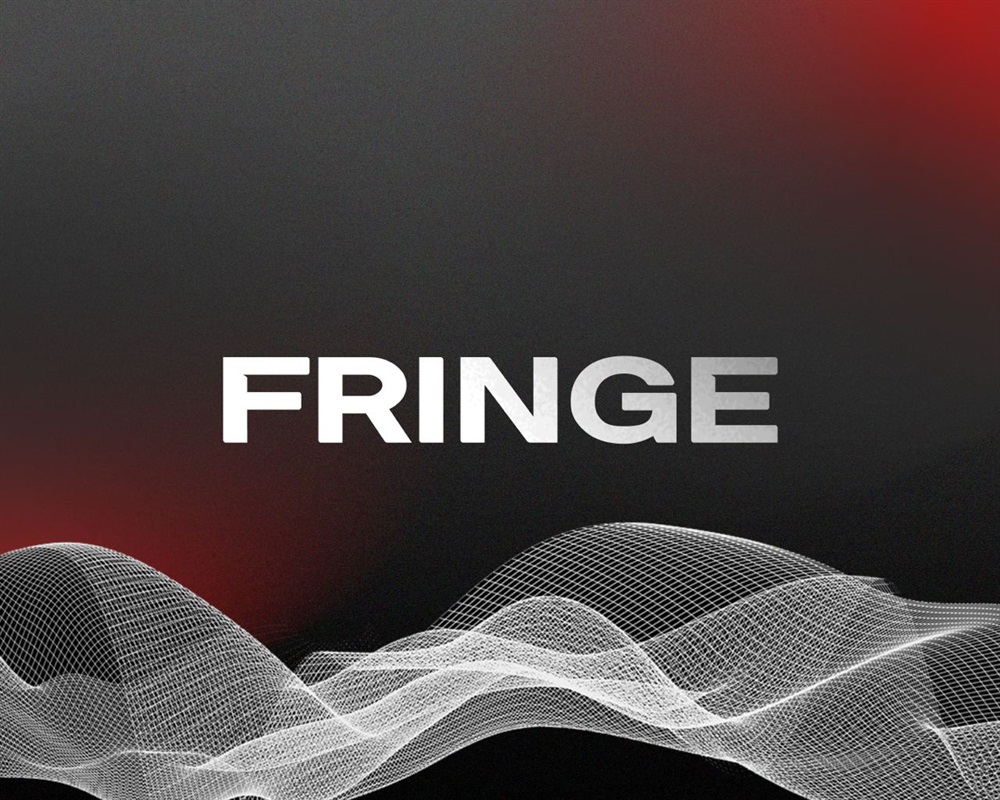Decentralization Capabilities: a Blessing in Disguise for DeFi Platforms

The growth of Decentralized Finance (DeFi) and its accompanying innovative products have stunned the mainstream world. While users from centralized financial services have begun embracing key products and offerings in this new space, the regulators are making their moves to stump the progression in the space.
Regulators and the “Securities” Designation for DeFi Products
The push for financial independence might be something everyone wants or desires. However, regulators do not want to hand over their inherent oversight on all things DeFi.
The recent settlement BlockFi, an American digital assets platform where users can make deposits and access lending products amongst other services, made with the US Securities and Exchange Commission (SEC) is an example of the struggles DeFi protocols are facing in their quest to journey into mainstream adoption.
The SEC accused BlockFi of offering a “Security” product without adequately registering it, a tactic that has been employed to crack down on several crypto-based startups around.
While the securities designation of DeFi products remains amongst the biggest impediments to growth the industry is facing, other challenges generally make investors stay away from decentralized finance products. Drawing on these, Fringe Finance, an emerging decentralized finance services platform has designed an effective solution that seeks to lift off the barriers to entry for users seeking DeFi products.
Highlighting the Fringe Finance Solutions
Fringe Finance, formerly known as Bonded Finance, is a lending platform that aims to engage all types of digital currencies and tokens, particularly those with smaller market capitalizations, in the DeFi economy, providing easy access to decentralized financial markets.
A major hindrance to growth as has been observed in the DeFi world is the concentration of products bordering on the largest digital currencies by market caps such as Ethereum (ETH), Binance Coin (BNB), and Terra (LUNA) amongst others. With most DeFi protocols focusing on these coins, investors that have a sizable holding of small-cap altcoins almost find no place to invest their crypto.
Fringe Finance is set to change the alignment by allowing a growing range or collection of altcoins to be used in securing loans with the small-cap tokens used as collateral. The users of Fringe Finance can only borrow stablecoin products previously whitelisted by the platform. While they can collateralize the loans with a wider range of altcoins, the smart contract is programmed to only release the collateral when the user’s full debt has been paid. Along with the lending options, its services include staking.
Fringe Finance brandishes a great deal of immunity to some of the antics of regulators, as it is wholly managed by highly responsive and functional smart contracts. This way, the protocol is shielded from any legal entity as all capabilities of the platform have been programmed into the smart contracts. In addition to that, anyone can easily recreate Fringe’s protocol, drawing on its largely Open Source codes. This measure shields Fringe Finance from unforeseen circumstances as there is provision for continuity on the ground.
On top of that, Fringe Finance is positioned as a community-driven project, with inherent characteristics that largely help provide an extra level of confidence for both the protocol’s adept customers and offers a shield from regulators. From the current outlook of today’s DeFi world, the protocol offers one of the most innovative products that offer a solution to some of the industry’s biggest issues.




